World Water Day focus: Methodist WASH projects in Bolivia and Ecuador
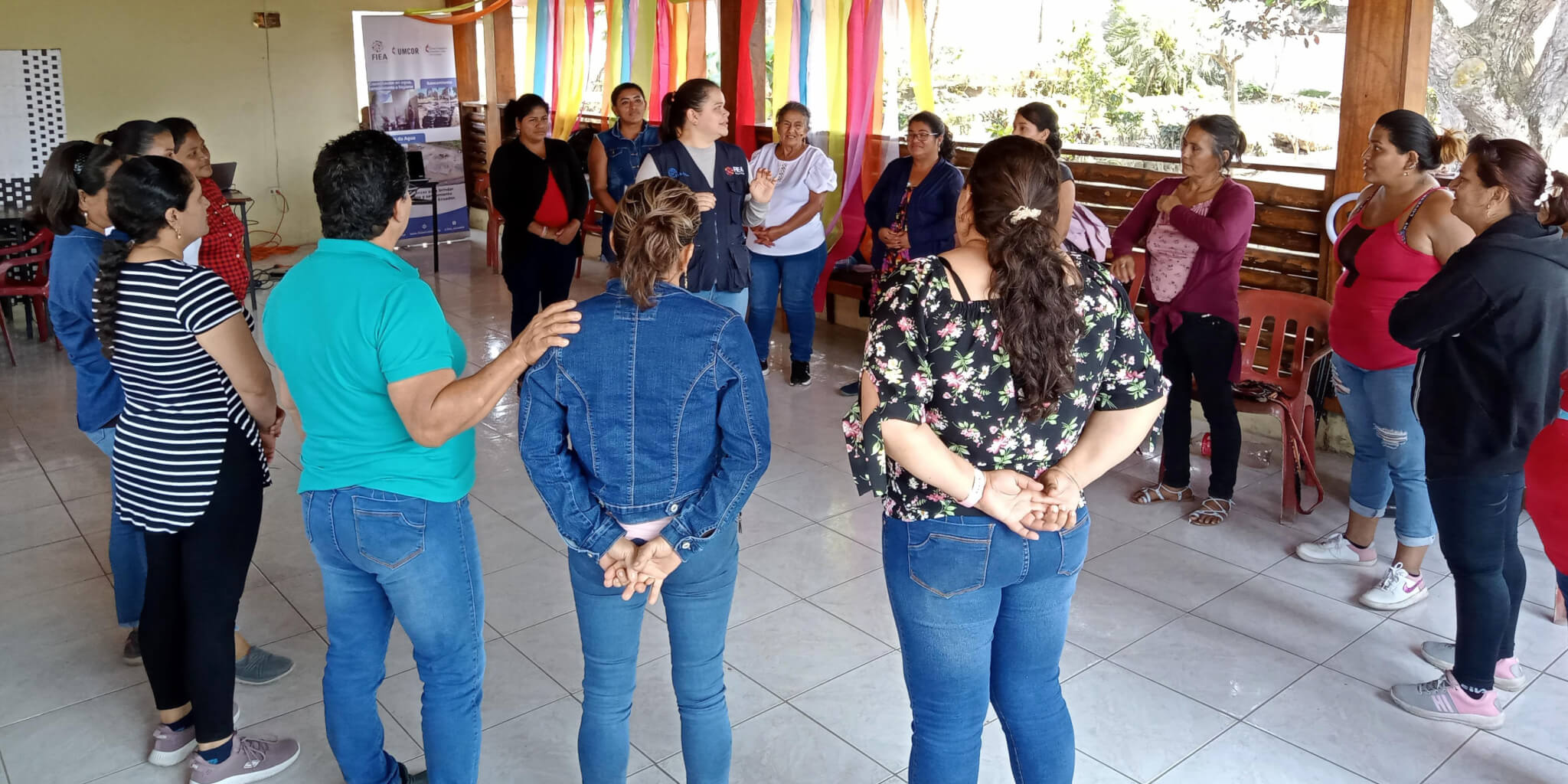
By Christie R. House
March 22, 2023 | ATLANTA
First sanitation facilities built for churches
In the high windswept plateau of the Andes known as the Altiplano, Quechua and Aymara Indigenous communities live their lives much as their ancestors did in this same place for centuries. They have a rich culture and history. But that doesn’t mean they want to block all forms of modern progress, especially projects that will improve their health and wellbeing.
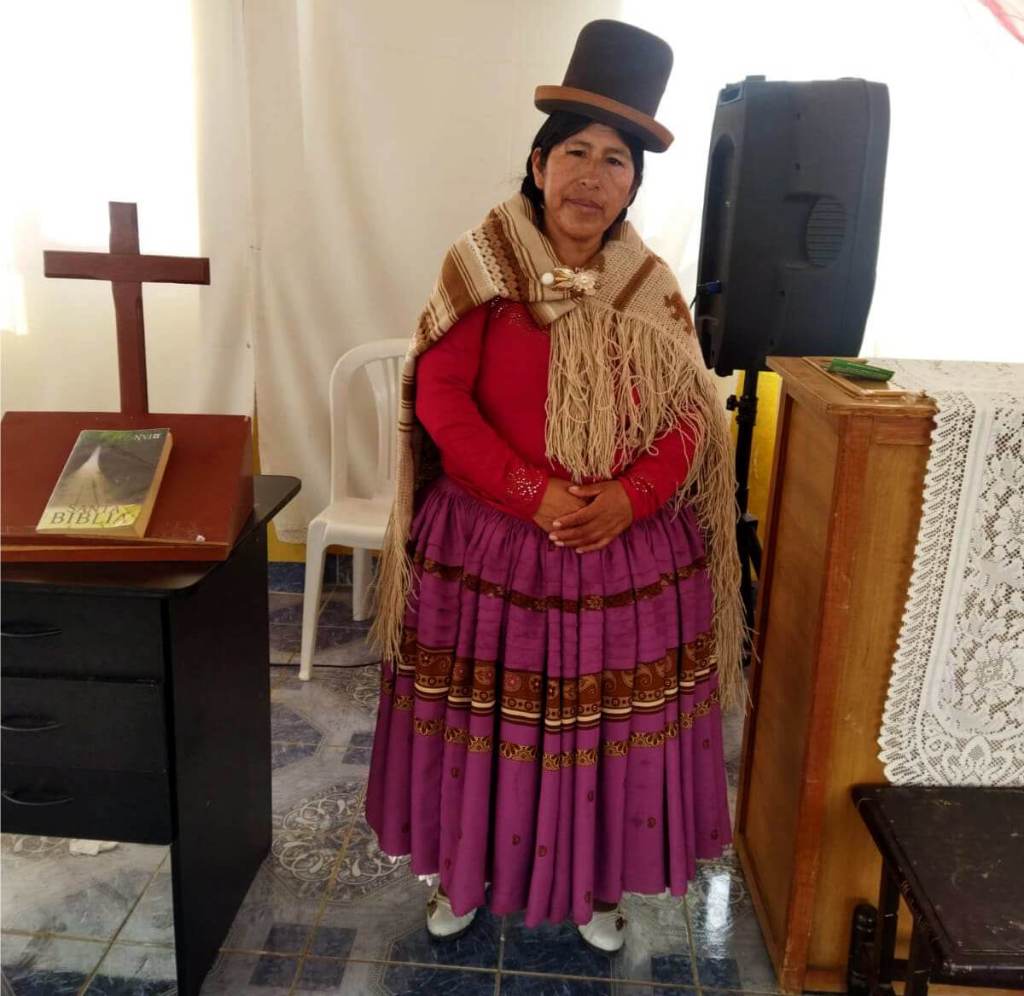
Julia was born and raised in Zamora, a small rural community in Omasuyos province in Bolivia. She’s been a member of the Evangelical Methodist Church in Bolivia all her life. Growing up, both at home and in the church, there were no bathrooms. It was the custom to use a spot in the river or on the hillside. It wasn’t until she was 19 and left Zamora for El Alto City that she discovered the convenience of a restroom.
“Now I know the value of a restroom and how it helps to improve our lives,” she said. “I would like for all the people of my home community in Zamora to know the joy of having a restroom.”
Julia’s children and now her grandchildren have grown up with this comfort and take it for granted. But when they visited their relatives in Zamora, they felt uncomfortable.
The Evangelical Methodist Church has been making steady progress in building sanitation facilities one by one, church by church, with the help of Global Ministries’ Global Health Water Sanitation and Hygiene (WASH) program and another partner, Engineers in Action (EIA)-Bolivia. This year, three sanitation stations will be completed: Pan de Vida church located in Konani, Emmanuel in Quelcata and Luz de Sevencani in Zamora.
In these small communities, the church sanitation facilities, which are constructed as separate buildings outside the churches, will be open for everyone in the community to use, whether or not they are church members.
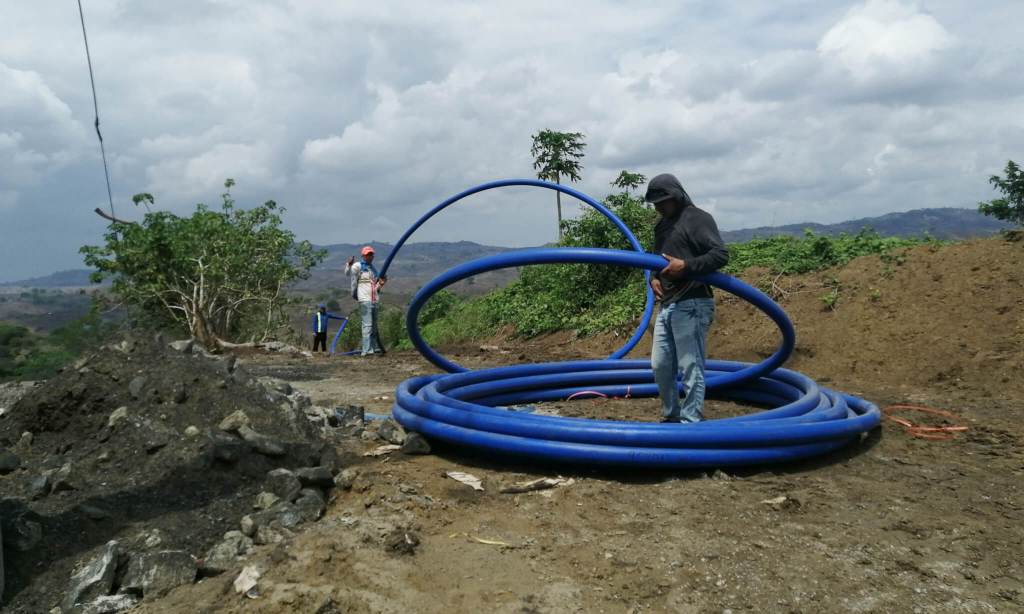
Engineers in Action, or Fundación Ingenieros en Acción (FIEA) in Spanish, has both Ecuadorian and Bolivian nonprofit organizations. Founded in 2007 by a UMC pastor and former missionary in Bolivia, the Rev. David Stephenson, the partnership formed between the Oklahoma Conference and the Evangelical Methodist Church of Bolivia grew to become a 501(c)(3) nonprofit organization based in the United States.
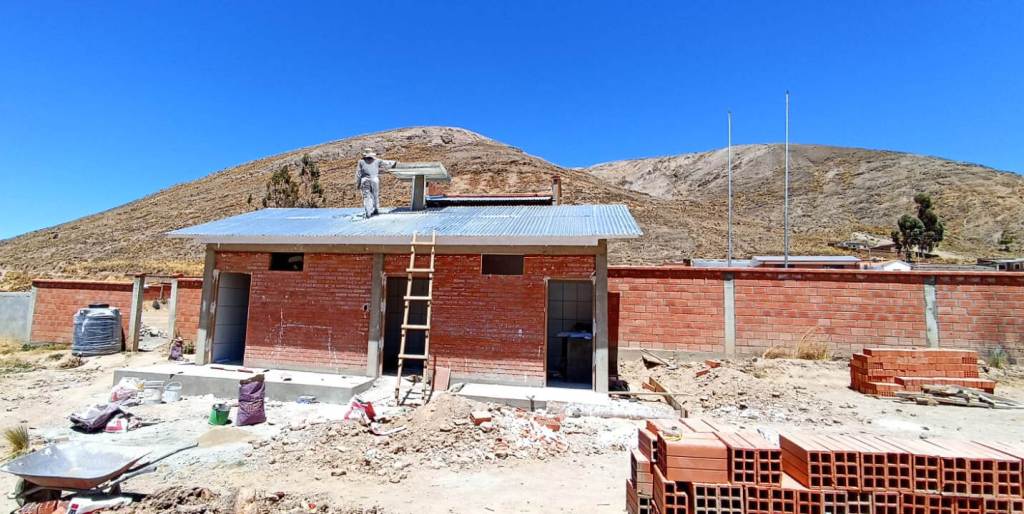
In places where water infrastructure does not already exist, seemingly simple sanitation facilities can entail a lot of work, but EIA is equipped for the task. Often, in addition to building restroom and handwashing stations, EIA will increase water storage capacity and install new water pipelines. If the church is in a place that can be connected to a municipal water source, like Konani, EIA will do that. But if, like in Zamora, there are no existing sources, they will construct septic tanks for wastewater treatment.
In all cases, EIA develops educational materials to familiarize community members with their new facilities and help them develop ways to continue water treatment and proper water storage. These community trainings and workshops also open the door for people to understand the importance of clean water and how poor water causes preventable disease. Communities that have never had restrooms do not intuitively understand daily hygiene practice, but EIA stays on and trains community members so that the full benefits of the new facilities can be realized.
Seeing the new facilities in her ancestral home, Julia expressed her gratitude. “Now that everyone in this community has access to restrooms, we are so happy,” she confirmed. “The restroom helps us to have a suma kamasiña kumitaki, a good and healthy life.”
Clean water for nine communities
In the aftermath of a severe earthquake in April 2016, recovery efforts in Ecuador concentrated on urban areas. Reconnecting water sources in rural areas, like Rocafuerte, lagged behind. In 2020, EIA Ecuador identified a permanent water source for Rocafuerte communities and, with support from a Global Health grant, participated with municipal governments and other nongovernmental organizations to construct facilities to enable the installation of a treatment plant with capacity to provide safe water for 9 communities (about 3,000 people). This project also allowed EIA to further assess the post-pandemic health status and resilience of the communities.
This year, EIA will extend its work on this project with workshops and trainings in the nine communities focusing on health, nutrition and disaster response. Further infrastructure upgrades are also planned to connect the next five highland communities to the new water supply: El Cerro, Tierra Bonita, Paja Colorada, Cerro Verde and El Moyuyo.
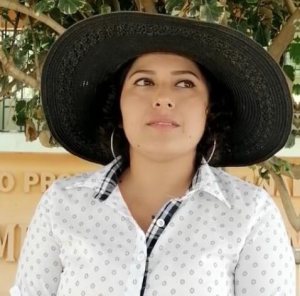
Juana, a 34-year-old mother of two, has lived in Paja Colorada her whole life. Her community was one that was connected to the new water source through the work of EIA. She has been attending the EIA workshops with other community members to learn more about their new water system and how to care for it. Particularly, EIA provides education on household water treatment and safe storage as well as hygiene and handwashing.
This project requires more infrastructure, help from the municipal governments and other nongovernmental agencies to finish the water connections and provide ongoing monitoring and evaluation. The communities have formed water boards or committees to participate in decisions about their water infrastructure.
These “big” projects reach more people than the WASH projects in Bolivia, but both reach community members whose lives and health are improved. For Juana, finally being able to access clean water in Paja Colorada has helped to fulfil a dream to give her children a better quality of life.
Christie R. House is a consultant writer and editor with Global Ministries and UMCOR. An earlier article in 2021 outlined the first phases of these projects in Bolivia and Ecuador.
Christie R. House is a consultant writer and editor with Global Ministries and UMCOR. An earlier article in 2021 outlined the first phases of these projects in Bolivia and Ecuador.
Water, Sanitation and Hygiene (WASH)
Access to safe drinking water and basic sanitation and hygiene facilities remains out of reach for billions of people worldwide. Global Ministries affirms that access to Water, Sanitation and Hygiene (WASH) services is a basic human right and is committed to improving health and wellbeing in underserved and marginalized communities.
In collaboration with both Methodist and ecumenical partners, Global Ministries increases access to clean and safe water; revitalizes sanitation facilities and shares knowledge on sanitation and waste management; and helps to reduce infection from preventable, waterborne diseases by enhancing the quality of care in health facilities.
Celebrate World Water Day with a gift to Water, Hygiene and Sanitation (WASH) projects, Advance # 3020600 to keep this precious, life-saving resource flowing.

